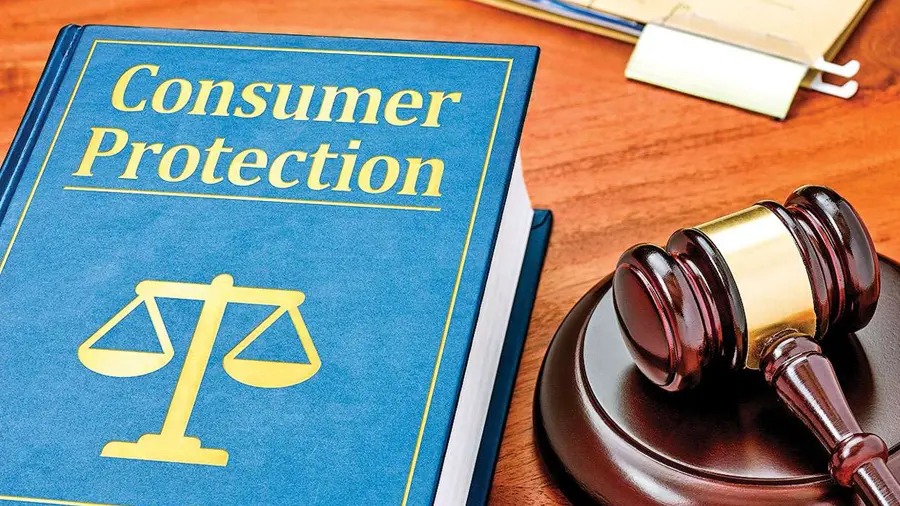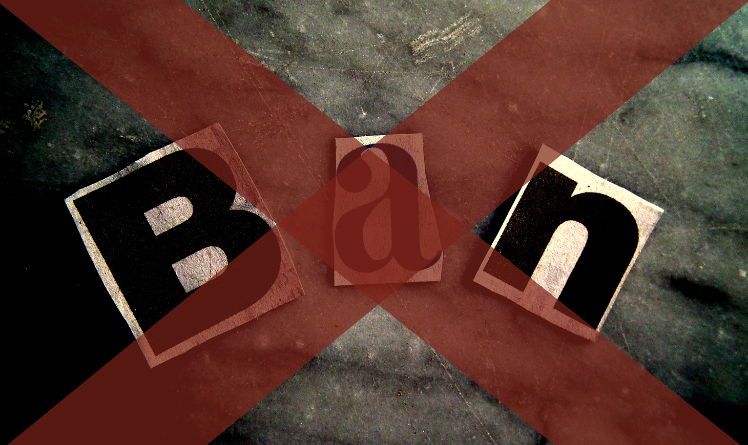New Delhi: The Central Consumer Protection Authority (CCPA) has issued guidelines for preventing unfair trade practices and violation of consumer rights with regard to levying of service charges in hotels and restaurants.
The guidelines issued by CCPA stipulate that hotels or restaurants shall not add service charges automatically or by default to the food bill. No collection of service charge shall be done by any other name. No hotel or restaurant shall force a consumer to pay the service charge and shall clearly inform the consumer that the service charge is voluntary, optional and at the consumer’s discretion. No restriction on entry or provision of services based on a collection of service charges shall be imposed on consumers. The service charge shall not be collected by adding it along with the food bill and levying GST on the total amount. The guidelines can be accessed by clicking on the link.
If any consumer finds that a hotel or restaurant is levying service charges in violation of the guidelines, a consumer may make a request to the concerned hotel or restaurant to remove the service charge from the bill amount. Also, the consumer may lodge a complaint on the National Consumer Helpline (NCH), which works as an alternate dispute redressal mechanism at the pre-litigation level by calling 1915 or through the NCH mobile app.
The consumer may also file a complaint against unfair trade practices with the Consumer Commission. The Complaint can also be filed electronically through e-daakhil portal www.e-daakhil.nic.in for its speedy and effective redressal. Furthermore, the consumer may submit a complaint to the District Collector of the concerned district for investigation and subsequent proceeding by the CCPA. The complaint may also be sent to the CCPA by e-mail at com-ccpa@nic.in.
A number of complaints have been registered in the National Consumer Helpline (NCH) by consumers concerning the levying of service charges. The issues raised by consumers include restaurants making service charges compulsory and adding them to the bill by default, suppressing that paying such charges is optional and voluntary and embarrassing consumers in case they resist paying service charges.
Various cases relating to the levying of service charges have also been decided by consumer commissions in favour of consumers, holding the same as an unfair trade practice and in violation of consumer rights.







